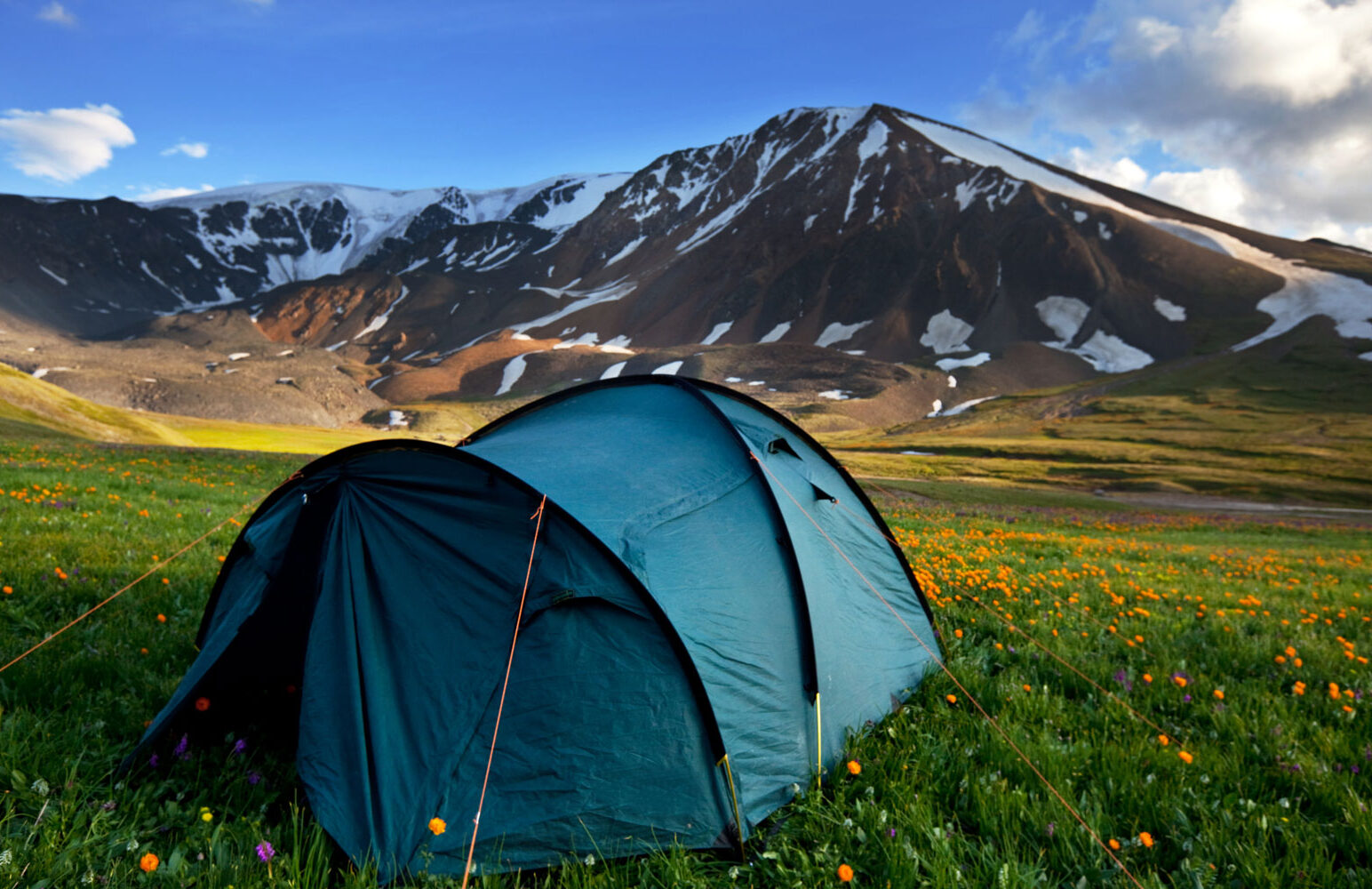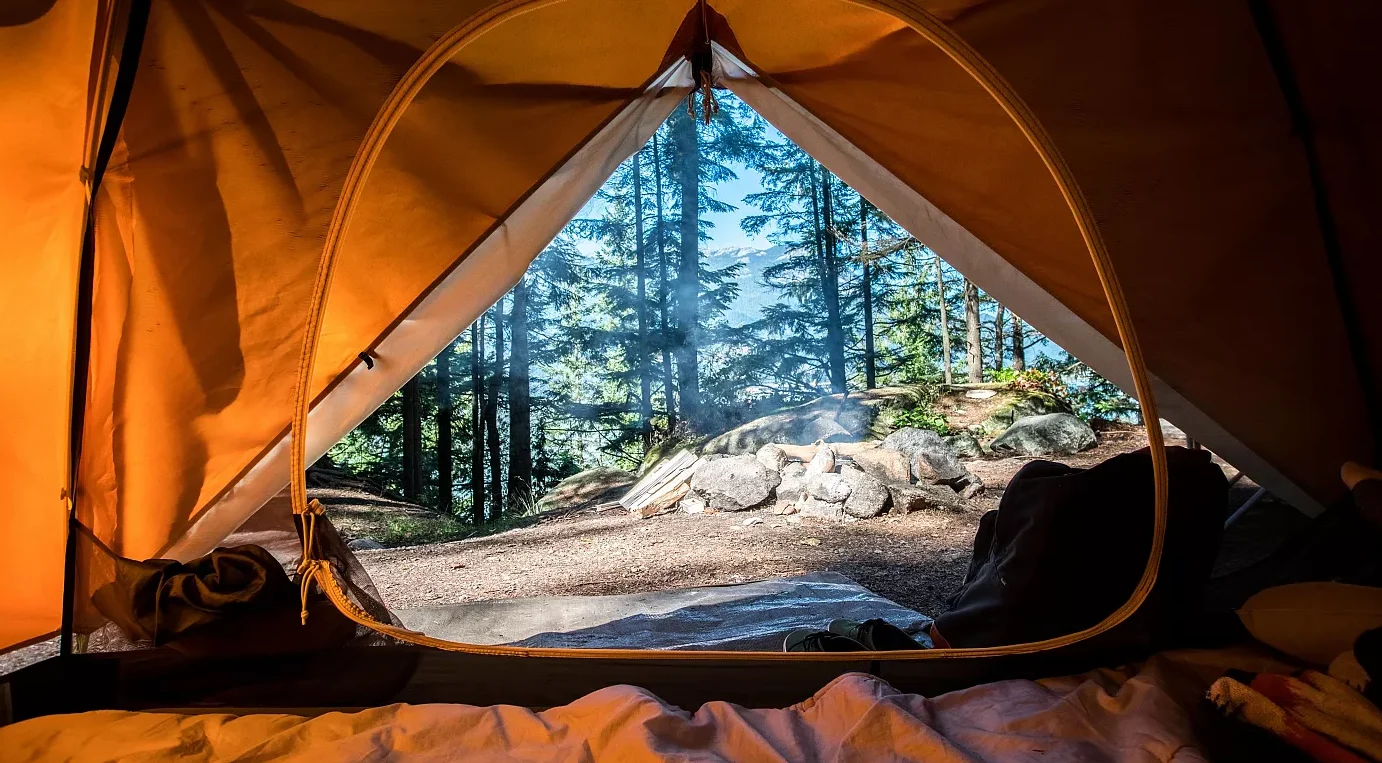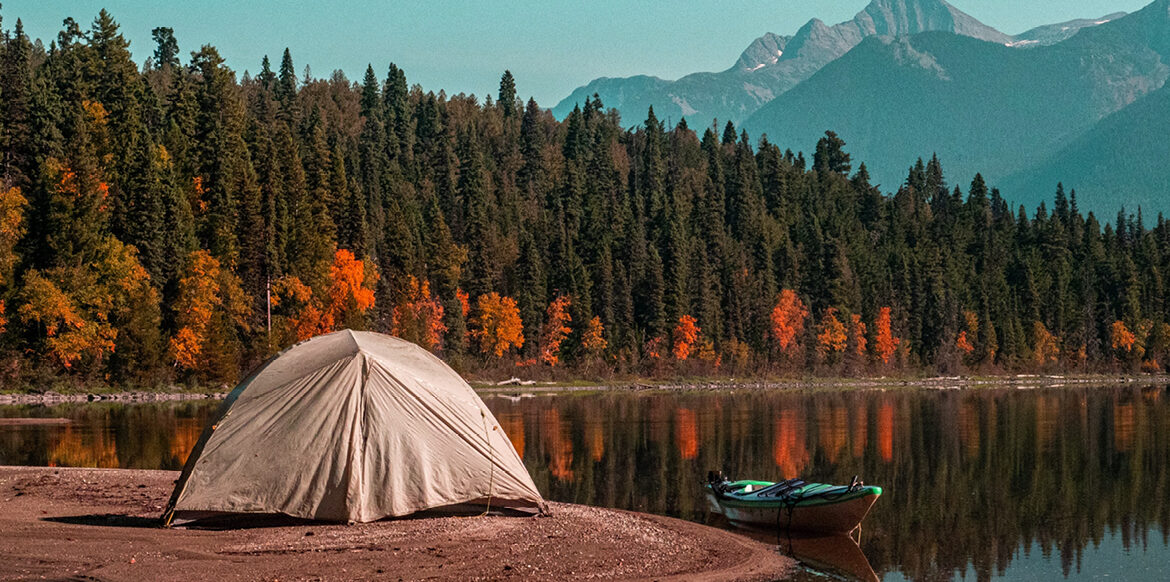
Before embarking on any outdoor adventure, it is important to research and plan your trip thoroughly. This includes choosing a destination, determining the length of the trip, and deciding on activities to participate in. Resources such as “The Hiking Life” can provide valuable tips and advice on trip planning and wilderness skill-building. Additionally, websites like “The Dyrt” offer a range of camping options, from rustic to luxurious. By taking the time to plan your trip, you can ensure a safe and enjoyable experience in the great outdoors.
Packing the right gear and supplies is crucial for a successful outdoor adventure. A comprehensive backpacking essentials checklist can help ensure that you have all the necessary gear, clothing, and accessories for your trip. Websites like “REI” and “Outdoor Gear Lab” provide detailed gear guides and reviews to help you choose the best equipment for your needs. It is important to pack lightly and avoid carrying unnecessary items, as heavy packs can lead to fatigue and injury on the trail. Additionally, packing items such as toilet paper and water bottles in resealable baggies can save space and make them more convenient to carry.
Checking weather and trail conditions is essential for a safe and enjoyable outdoor adventure. Before heading out, it is important to investigate a region’s historical weather patterns to anticipate potential hazards and pack accordingly. Checking the weather forecast the night before or morning of your trip can also help you prepare for any changes in weather conditions. It is also important to stay on developed trails or dry, solid rock areas with good footing and wear appropriate clothing for the trail conditions and season. By taking these precautions, you can ensure a safe and enjoyable outdoor adventure.
Essential tips for camping
When setting up your campsite, it’s important to be organized and efficient. One helpful tip is to organize your gear by “rooms” – for example, create a camp box just for the kitchen and use a big storage sack for sleeping bags. When selecting a campsite, it’s important to choose a location that is flat, dry, and away from any potential hazards such as falling trees or rockslides. Proper placement of your tent or shelter is also crucial for a comfortable and safe camping experience. Additionally, advanced planning, using a checklist, and packing and unpacking in a specific order can help you stay organized and make the setup process smoother. By following these tips, you can set up your campsite efficiently and comfortably.
Proper food storage and cooking techniques are also essential for a successful camping trip. Storing food in watertight containers can prevent contact with melting ice water and keep perishable foods cold. Some campgrounds and backcountry campsites provide bear-proof boxes for food storage. When cooking, use disposable wipes, hand sanitizer, or biodegradable soap for cleanliness. It’s also important to minimize waste and pack out all trash to leave the campsite clean and undisturbed. By following these tips, you can enjoy delicious meals in the great outdoors while minimizing the impact on the environment.

Staying safe in the wilderness should always be a top priority when camping or hiking. Prior planning, protection, and proper gear are crucial for a safe and successful trip. When hiking, always check the weather forecast and avoid hiking after dark. It’s also important to carry the ten essentials, do your research, and have a plan in case of an emergency. If possible, hike with a partner or stick to popular trails. By following these tips and being aware of potential hazards, you can stay safe and enjoy all that nature has to offer.
Hiking and exploring the great outdoors
Hiking is a great way to explore the great outdoors and get some exercise at the same time. However, it’s important to choose the right trail for your fitness level and experience. There are many resources available to help you find the perfect trail, including guidebooks, online forums, and hiking apps. It’s also important to make sure you have the proper gear and clothing for your hike, as well as any necessary essentials such as a map, compass, and first aid kit. For beginner hikers, it’s recommended to choose a good-weather day to ensure a positive experience. By taking the time to properly prepare for your hike, you can ensure a safe and enjoyable experience.

Staying safe on the trail is crucial for a successful hiking trip. It’s important to hike at a fitness level that’s appropriate for everyone in your group. Additionally, staying on the designated trail at all times and learning to read a map and use a compass can help prevent getting lost. Bringing plenty of snacks and water is also important to maintain energy levels and stay hydrated. Other safety tips include being aware of your surroundings and avoiding potential hazards such as wildlife and steep drop-offs. By following these safety guidelines, you can ensure a safe and enjoyable hiking experience.
Enjoying nature and wildlife is one of the best parts of hiking. However, it’s important to respect the natural environment and take steps to preserve it for future generations. This includes staying on the designated trail, taking any trash with you, and avoiding approaching or disturbing wildlife. Additionally, camping can be a great way to experience nature and the outdoors, and can be planned alongside other outdoor activities such as fishing, cross-country skiing, and rock climbing. By taking steps to preserve and protect the natural environment, we can ensure that it remains a beautiful and enjoyable place for generations to come.







